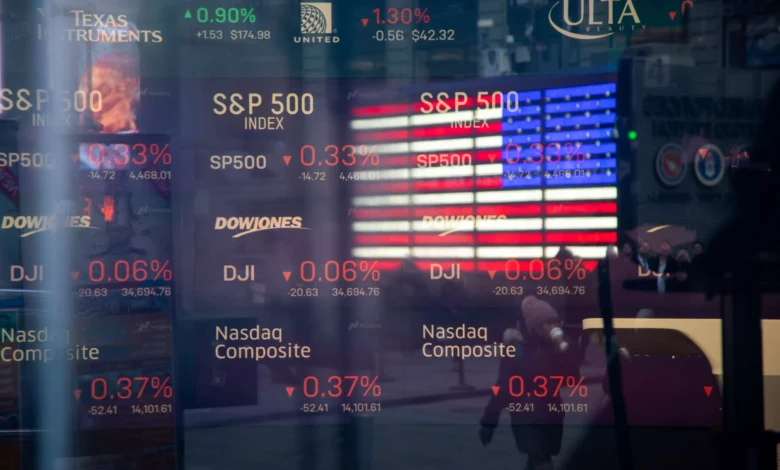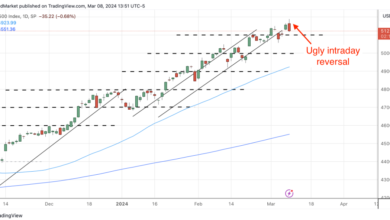Impact of the 2024 US Presidential Election on the Stock Market

The Impact of the 2024 U.S. Presidential Election on the Stock Market
Date: November 2024
How Elections Affect Market Volatility
Historically, stock markets tend to exhibit heightened volatility during election years. This volatility is often fueled by investor uncertainty about the future of fiscal policies, international trade agreements, and corporate regulations. When election outcomes seem unpredictable, markets may respond with increased selling and buying, reflecting the collective anxiety or optimism of investors. Volatility during elections can also create buying opportunities for investors who have a high-risk tolerance, as certain stocks may become temporarily undervalued.
The VIX Index, also known as the “fear gauge,” is an indicator of market volatility. Data from previous election cycles shows spikes in the VIX as investors adjust their positions in response to election news. For example, during the 2020 election, the VIX saw substantial increases as uncertainty grew over potential changes in corporate tax rates and healthcare policies.
Key Sectors Likely to Be Affected
Each election cycle tends to impact certain sectors more than others. For example, sectors like healthcare, energy, and technology are often directly influenced by government policies. In the 2024 election, healthcare stocks could experience volatility due to differing views on healthcare reform and drug pricing among the candidates. Similarly, energy stocks, particularly those involved in renewable energy, may see increased attention if one candidate favors green policies.
In addition, financial stocks could be affected by proposed changes in banking regulations and interest rates. A pro-business administration may focus on deregulation, which tends to benefit large financial institutions, while a more progressive administration might impose tighter regulations to control excessive risk-taking within the financial industry.
Short-Term vs. Long-Term Effects
While the short-term impact of elections on the stock market is often volatile, historical data suggests that long-term effects are usually less pronounced. In the short term, investors may react impulsively to election results, causing sharp price movements. However, studies have shown that these movements typically stabilize as the new administration settles in and the market adjusts to any policy changes.
For example, after the 2016 election, U.S. stocks initially saw a surge, largely due to optimism about corporate tax cuts and deregulation under the incoming administration. However, over the longer term, market trends were more influenced by broader economic factors like interest rates and global trade dynamics than by the initial post-election rally. Investors are advised to avoid overreacting to election news and instead focus on long-term investment strategies.
Investment Strategies During Election Years
Given the potential for volatility, investors may want to consider specific strategies to manage risk and capitalize on market fluctuations. Portfolio diversification is a fundamental approach, as it spreads risk across different asset classes and sectors, reducing the impact of any one sector’s performance. Additionally, investing in low-volatility ETFs can provide exposure to equities while minimizing the effects of sharp market swings.
For those looking to take advantage of price dips, a dollar-cost averaging approach can be beneficial, as it involves investing a fixed amount of money at regular intervals, regardless of price. This strategy helps smooth out the effects of volatility and can lower the average cost per share over time. Conversely, risk-averse investors may prefer to increase their holdings in safe-haven assets such as bonds and gold, which tend to perform well during periods of uncertainty.





